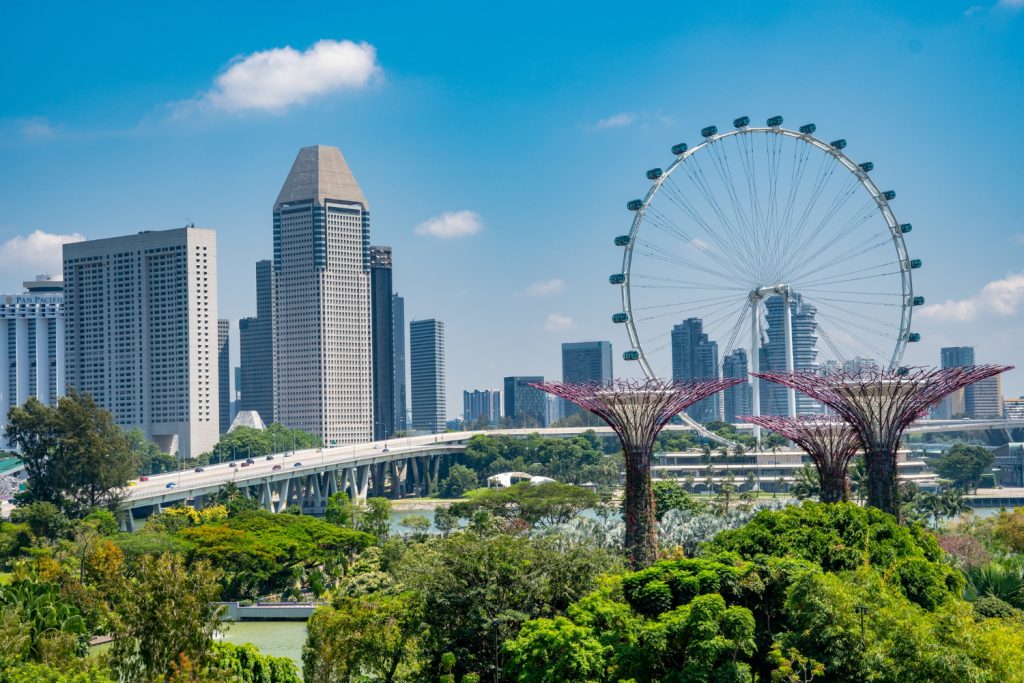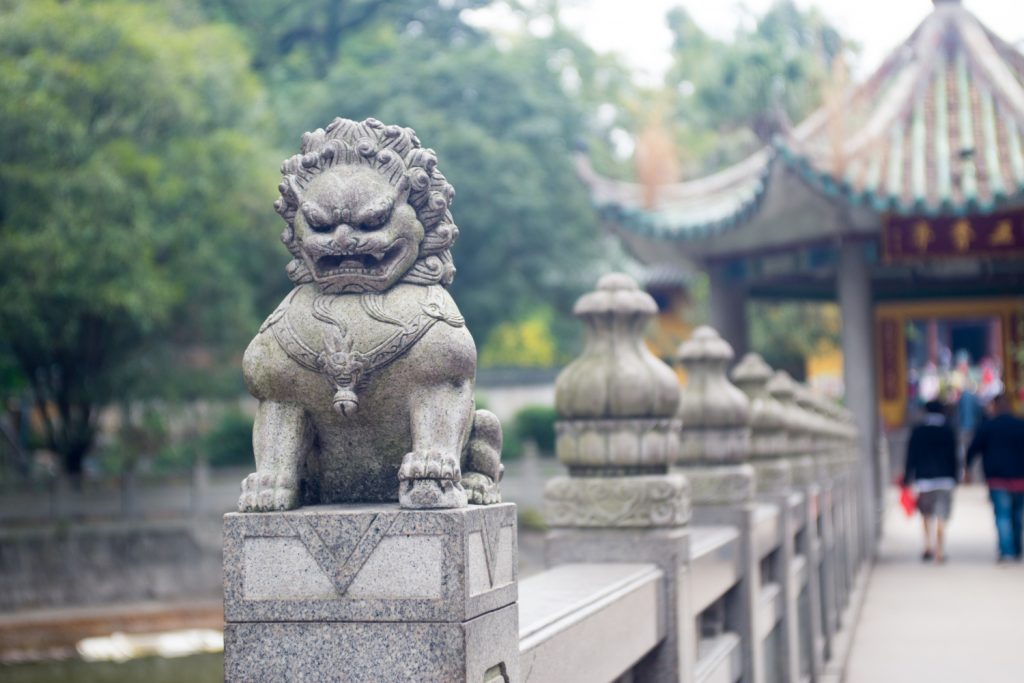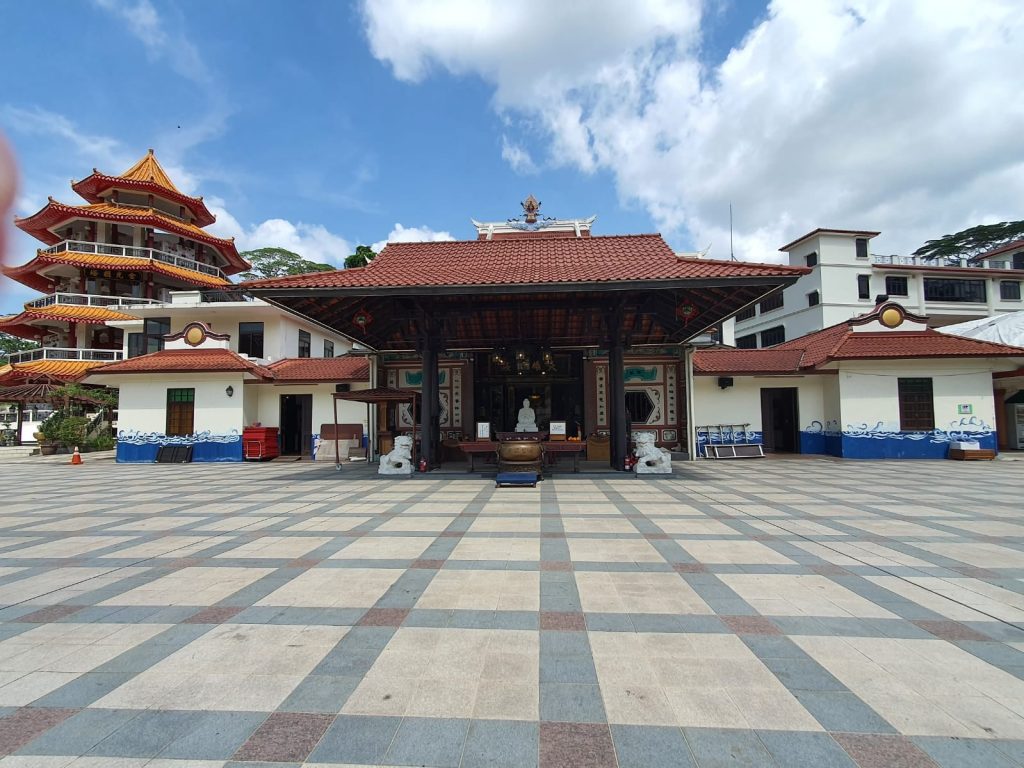
Buddhism plays a big part in Singapore’s diverse religious landscape. Many Singaporeans follow Buddhist teachings, making it one of the most popular religions in our country. This article will explore how Buddhism shapes our culture, from the temples we see in our neighborhoods to the festivals we celebrate together.
Buddhism came to Singapore long ago, brought by immigrants from various Asian countries. Over time, it has become deeply woven into our society. Today, Buddhist ideas influence how many Singaporeans think, act, and live their daily lives.
In this article, we’ll look at different aspects of Buddhism in Singapore. We’ll learn about our beautiful temples, important festivals like Vesak Day, and how Buddhist groups help our community. We’ll also see how Buddhist teachings fit into our modern, fast-paced city life.
Buddhism arrived in Singapore with our early settlers. Chinese immigrants brought Mahayana Buddhism, while Theravada Buddhism came with people from Thailand, Sri Lanka, and Myanmar. As Singapore grew, so did its Buddhist community.
In the past, Buddhism in Singapore was mostly practiced in homes and small temples. But as more people became interested, larger temples were built. These temples became important places for worship and learning about Buddhist teachings.

Today, Buddhism is one of the most common religions in Singapore. About 31% of Singaporeans say they are Buddhists. This means almost one in three people you meet might be a Buddhist!
There are different types of Buddhism in Singapore. The two main ones are:
Singapore has many beautiful Buddhist temples. Some famous ones are:
These temples are not just for praying. They also hold classes, cultural events, and community activities. Many offer free vegetarian meals and help people in need.
There are also Buddhist organizations in Singapore that teach about Buddhism and do charity work. The Singapore Buddhist Federation is one of the main groups that represents Buddhists in our country.
The biggest Buddhist festival in Singapore is Vesak Day. It celebrates the birth, enlightenment, and death of Buddha. On this day, temples are beautifully decorated, and many people go to pray and make offerings.
During Vesak Day, you might see:
Other important dates for Buddhists include the Ullambana Festival and Kathina.

In Singapore, there are schools that teach Buddhist values along with the regular curriculum. For adults, many temples and Buddhist centers offer classes on meditation and Buddhist teachings.
Some Buddhist groups also reach out to the community through:
These efforts help spread Buddhist teachings of kindness and compassion in practical ways.
Buddhism has shaped many aspects of Singaporean life. You can see its influence in our art, food, and everyday habits.
Many Singaporeans, even non-Buddhists, believe in karma and rebirth. These ideas affect how people think about their actions and choices. Buddhist values like compassion and mindfulness have become popular, especially as ways to deal with stress.
Buddhist-inspired art is common in Singapore. You’ll find it in temples, museums, and even modern buildings. Many people also keep small Buddha statues at home for good luck.
Food is another area where Buddhism has left its mark. Vegetarian restaurants, often run by Buddhists, are popular across Singapore. During certain festivals, even non-vegetarians might choose to eat vegetarian food as a form of respect or spiritual practice.
Buddhist groups in Singapore do a lot to help people in need. They run:
One well-known example is the Buddhist Free Clinic, which provides free medical care to anyone who needs it, regardless of their religion.
Buddhist organizations also help during disasters. They collect donations and send volunteers to help both in Singapore and other countries affected by natural disasters.
Buddhism plays a big part in keeping religious harmony in Singapore. Buddhist leaders often work with other religious groups to promote understanding and respect among different faiths.
You might see Buddhist monks at inter-faith events, talking about peace and unity. Many Buddhist temples in Singapore welcome visitors of all religions who want to learn about Buddhism.
This openness helps create a culture of tolerance and curiosity about different beliefs in Singapore.

As Singapore becomes more modern, Buddhism is adapting too. Some challenges Buddhists face include:
To address these challenges, Buddhist groups in Singapore are:
Many temples now have websites and Facebook pages. Some even offer online classes and livestream services, especially since the COVID-19 pandemic.
Buddhism has become an important part of Singapore’s cultural fabric. From the grand temples that dot our cityscape to the values that influence our daily lives, Buddhism’s impact on our society is clear.
For many Singaporeans, Buddhist teachings offer guidance in our fast-paced, modern world. The emphasis on compassion, mindfulness, and inner peace resonates with people from all walks of life, not just Buddhists.
Looking ahead, Buddhism in Singapore continues to evolve. It’s finding new ways to stay relevant while keeping its core teachings intact. The ability to adapt while preserving tradition is what keeps Buddhism vibrant in our multicultural society.
Whether you’re interested in the spiritual aspects, the beautiful architecture of temples, or the community service initiatives, Buddhism offers something for everyone in Singapore. It adds to the rich tapestry of beliefs and practices that make our country unique.
